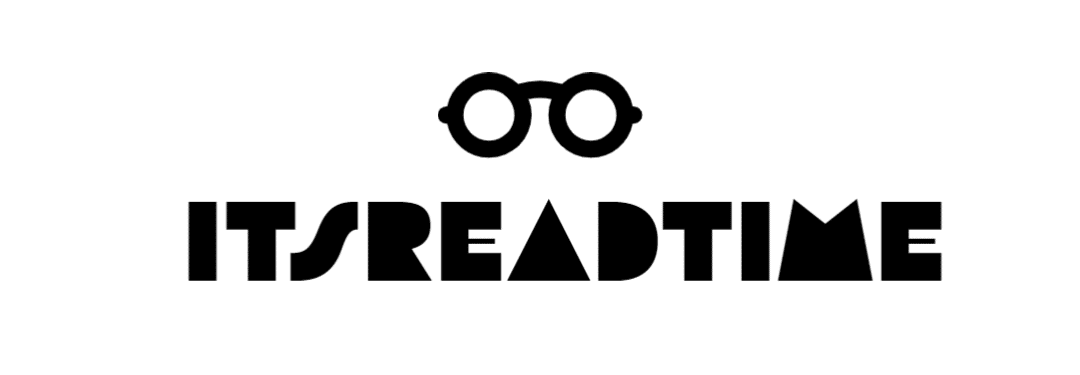Using obituaries as a family history research tool is a great way to get information about your ancestors. There are many benefits to using this resource, including finding out what an individual’s address was, their occupation, and how they lived their life. It is also great to gain insight into your ancestors’ lives and relationships with other family members.
Write Your Obituary
If you’re interested in writing an obituary, it’s important to make sure you do it right. There are many things you must know.
First, you must know the obituary format. This means you must include the deceased’s name, date, and place of death. You also need to include biographical information about the person.
Obituaries such as Dayton Daily News obituaries legacy is an excellent way to provide a written account of the life of a loved one. They can be very useful for family history research.
Generally, obituaries contain a lot of information about the deceased, their family, and their profession. They should be published in local newspapers. These articles should be written in easy-to-read language.
Some obituaries may not mention the cause of death. However, they can still provide a good picture of the person.
Writing your obituary can be a great way to describe your loved one’s life. By doing so, you can show your passion and personality. In addition, you can list all of your surviving family members and relationships.
Writing an obituary is a difficult task. It’s also one of the few decisions you’ll have to make when your loved one passes away.
However, the process is easier than it seems. Once you have a general idea of the format, you’ll be able to start writing your own.
As you write, consider the person’s impact on the world. Include any accomplishments or unusual life experiences. Also, remember to thank special groups, institutions, and individuals.
Search for the Deceased’s Address or Street Name
Obituaries are a great source of information on a deceased person. They can include a variety of interesting tidbits, including religion, employment history, political affiliations, and volunteer activities. In many cases, obituaries also give the date and location of the death.
If you are looking for a specific obituary, you can search for it in the local genealogy database of your favorite library. These archives may contain microfilm copies of local newspapers. You can also look for obituaries on the web. Many of the major newspaper companies have websites.
When searching for an obituary, ensure you know the deceased’s full name. Often, the full name is listed, but some people use an alternate form of the forename, such as a nickname or middle name.
You can also get useful information by looking at state census records. This can be not easy to do online, but some libraries have access to them.
Find Ancestors with Names More than 12 Letters
Finding ancestors with names of more than 12 letters can be difficult, but it is not impossible. With the right resources, you can find a list of your ancestors and begin mapping their history. Using obituaries can be one way to uncover this information.
Obituaries can provide details on a person’s life and a picture of an ancestor. The date of the obituary may not be the actual death date. However, it can help you identify your ancestors and uncover other relatives.
The U.S. National Archives has census, military, and immigration records. They are the largest historical resource for researchers in the U.S. You can search by topics, such as births or marriages, and by location.
The Library of Congress has a vast collection of images. You can also access images from overseas. Generally, images taken by government agencies are acceptable for personal use. Contact the submitter for permission if you find a picture you want to download.
If you have difficulty finding ancestors with names of more than 12 letters, try searching for nicknames. Often, names are changed for a variety of reasons. This can include legal reasons or an individual’s own choice.
Find Married Female Ancestors
When researching a female ancestor, it’s important to remember that most women left their maiden names behind when they married. This can make it difficult to find their names. Fortunately, there are several things you can do to find them.
If you want to find your ancestors’ maiden names, you should begin by looking at marriage records. These will reveal a few clues. For example, you may see a bride’s maiden name and her parents’ names. You may also see her children’s birth certificates and death certificates.
Another place to look is the church. Church records will provide information on the bride’s upbringing and may reveal whether she attended the church where her husband had been a member.
Other sources of information about your ancestors include newspapers. Newspaper obituaries will usually include the name of the deceased’s parents and the name of the person who died. Moreover, you may find the maiden name of your ancestor among the names of their siblings and his or her grandchildren.
Another source of information is the census. This is different from where you’ll typically search for maiden names, but it will help determine if your ancestor’s family lived near yours.
Marriage announcements will also reveal clues about your ancestors. Many will list the approximate date of marriage and the bride and groom’s names.
One of the more obvious places to look for a female ancestor’s maiden name is on her marriage certificate. However, you must remember that it is common for a woman to change her name after marriage.



